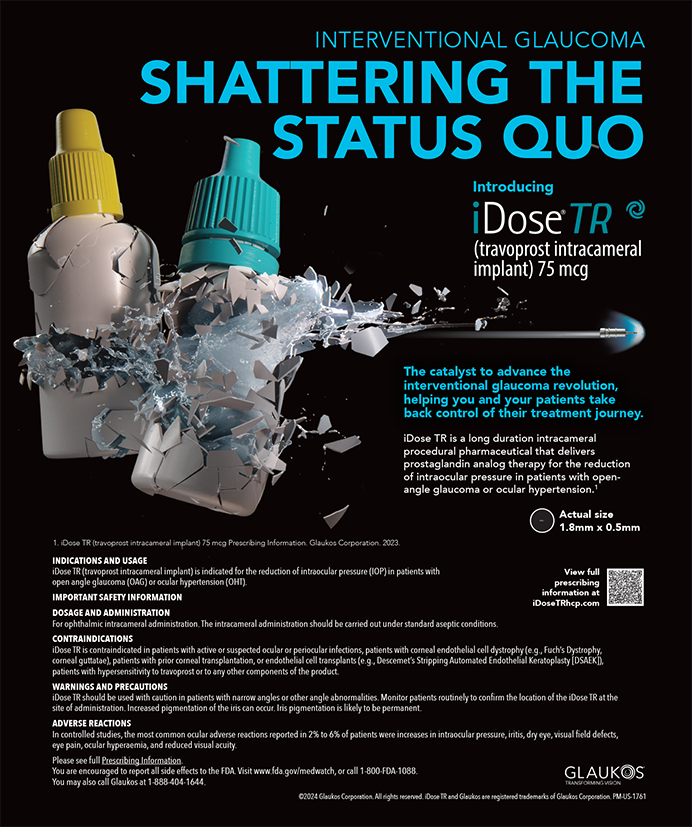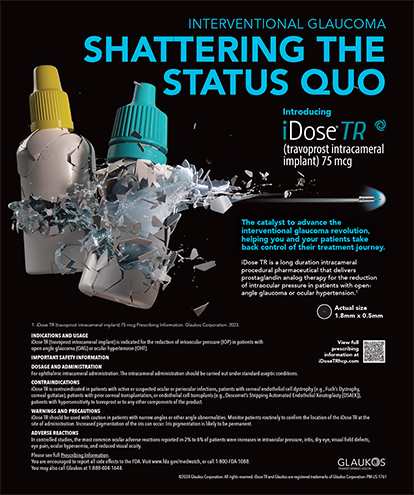Scientific and raw emotional testimony at the meeting of the FDA's Ophthalmic Devices Advisory Panel on April 25, 2008, has focused media and public attention on LASIK. After listening to the day's presentations in Gaithersburg, Maryland, Jayne S. Weiss, MD, the panel's chair, stated, "This has really been a referendum on the performance of LASIK by some surgeons who should be doing a better job." The meeting was prompted by 140 letters of complaint sent to the FDA between 1998 and 2006 by patients, according to an agency official present at the session.
The majority of public comment was made by LASIK patients and their families, many of whom shared angry accounts of postoperative ocular pain, visual distortion, multiple failed surgeries, suicidal ideation, and, in some cases, suicide. These speakers were joined by patient advocates, optometrists, ophthalmologists, academicians, lawyers, and other medical specialists. Several surgeons presented scientific evidence of LASIK's benefits, patients' high rate of satisfaction, and the rarity of severe postoperative dry eye. Testimony in support of the procedure included reports on the US military's experience with LASIK.
The prospective quality-of-life study to be conducted by the FDA, the National Eye Institute, the ASCRS, and the AAO is scheduled to begin in 2009. Many of those who spoke out against the current practice of LASIK questioned the objectivity of the planned research. The large, multicenter, $1.2 million study is still being designed. Its objectives include determining the change in patients' quality of life after LASIK and the factors associated with their postoperative satisfaction or dissatisfaction.
The FDA panel rejected the request of numerous speakers for a moratorium on LASIK. "I think, instead, we need better screening and information and, in some cases, some better doctors," said Dr. Weiss.
Panel members recommended several changes to labeling for patients. Specifically, they advocated clarifying how often and how severely some patients are affected by side effects and complications of LASIK and proposed including information on conditions that should disqualify individuals from undergoing the surgery. In addition, the panel noted that IOP measurements and IOL power calculations can be an issue in patients who have undergone the procedure.
Dr. Weiss said that some wording could be included on psychological issues. The panel also recommended changes to the agency's Web site on LASIK, including simplifying its language and adding illustrations of side effects such as glare and halos.


